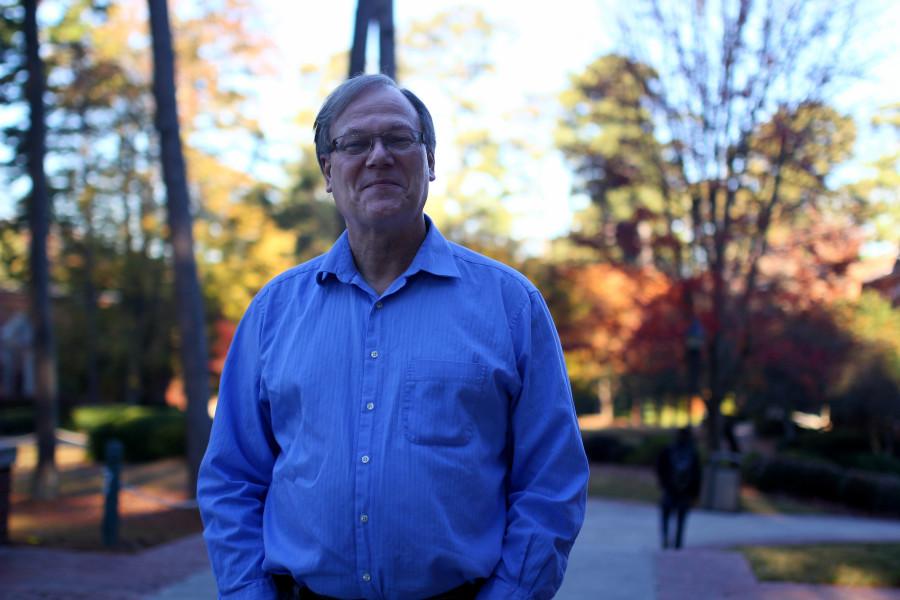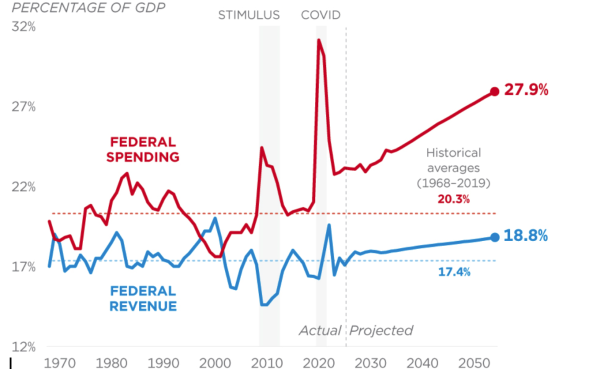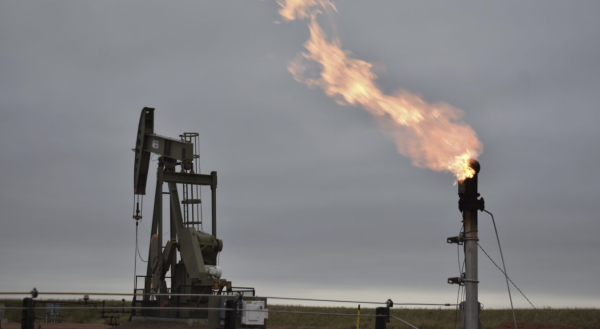Veterans Day highlights faculty heroes
Veterans Day has occurred every Nov. 11th since 1954, when President Dwight D. Eisenhower signed the act creating it into effect. Westminster has done quite a bit to celebrate the holiday: In the middle school the students have an annual parade, and speakers often come to honor this date. There are many veterans on the staff at school, including Frank Finsthwait and Richard Brady.
“You gain discipline and an identity [from being in the military],” said sophomore Natiah Ulysses, whose mother is in the army of reserves. “Some people didn’t find themselves until they joined the army. I guess that’s what you gain. You find yourself.”
Every year, more than 180,000 people enlist in the armed forces. Those people may then join the Marine Corps, navy, air force, coast guard, or army as either a soldier or as a career officer. Soldiers would be deployed to fight, while career officers would be given a job in any number of auxiliary positions, such as managing the machines used, preparing food for the soldiers, and nursing the injured.
“We have to acknowledge our veterans because they have risked everything for our safety and our lives,” said sophomore James Dickey, whose two grandfathers served in the military. “We should always just treat them with the utmost respect and treat them well.”
Veterans also constitute somewhere between a fourth and fifth of the homeless population in America. There are up to 200,000 veterans sleeping on the streets on any given night.
“I feel protected when I see a person of military status around,” said senior Arsene Lakpa. “Although there are those people who will treat you positively and commend you for your service to the country, you still see veterans that are still struggling out there. I feel that’s unfair because they fought for our country. They risked their lives for our country, and when they come back it’s like a slap in the face.”
Since the end of the Vietnam War, enlistment has been voluntary. This has resulted in a drastic decrease in people joining the military. Obvious deterrents that often are cited include posttraumatic stress disorder and fear of death.
“[Joining the military] is just a hard decision to make,” said brass instructor Brady, who was one of the 101 airborne rangers in the Vietnam War. “If someone said go stand on the edge of a 50-story building and hope that there’s no big wind gust that’s going to come and knock you off, what are you liable to do? You’re liable to say, ‘I don’t think so.’ [Enlisting] is the same thing. You’re putting yourself on top of that 50-story building and hoping that that wind doesn’t come up and knock you off. That’s what we do when we go in the military.”
Millions of men and women have made this choice over these past few decades.
“I think it’s probably important to remember how many people have gone into the making of this country and the ways in which they sacrificed time, energy, even their lives, as participants in a unique historical event- the American democracy,” said Finsthwait, an English teacher who served as an engineering officer in the Vietnam War. “I think everybody has an obligation, and if we all do our share [then the end result] comes out better.”
“I think that [as a veteran,] you would have a very deep satisfaction knowing that the people you see walking on the street, your colleagues, friends, and family are all safe to do those everyday things because of you and people like you,” said Joe Tribble, a 10th and 12th grade history teacher. “I think that these servicemen—these veterans of the past—have a satisfaction that is just something that those of us who haven’t [been in the military] will ever understand.”





